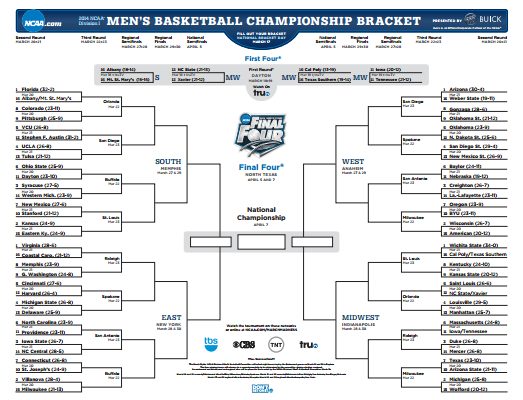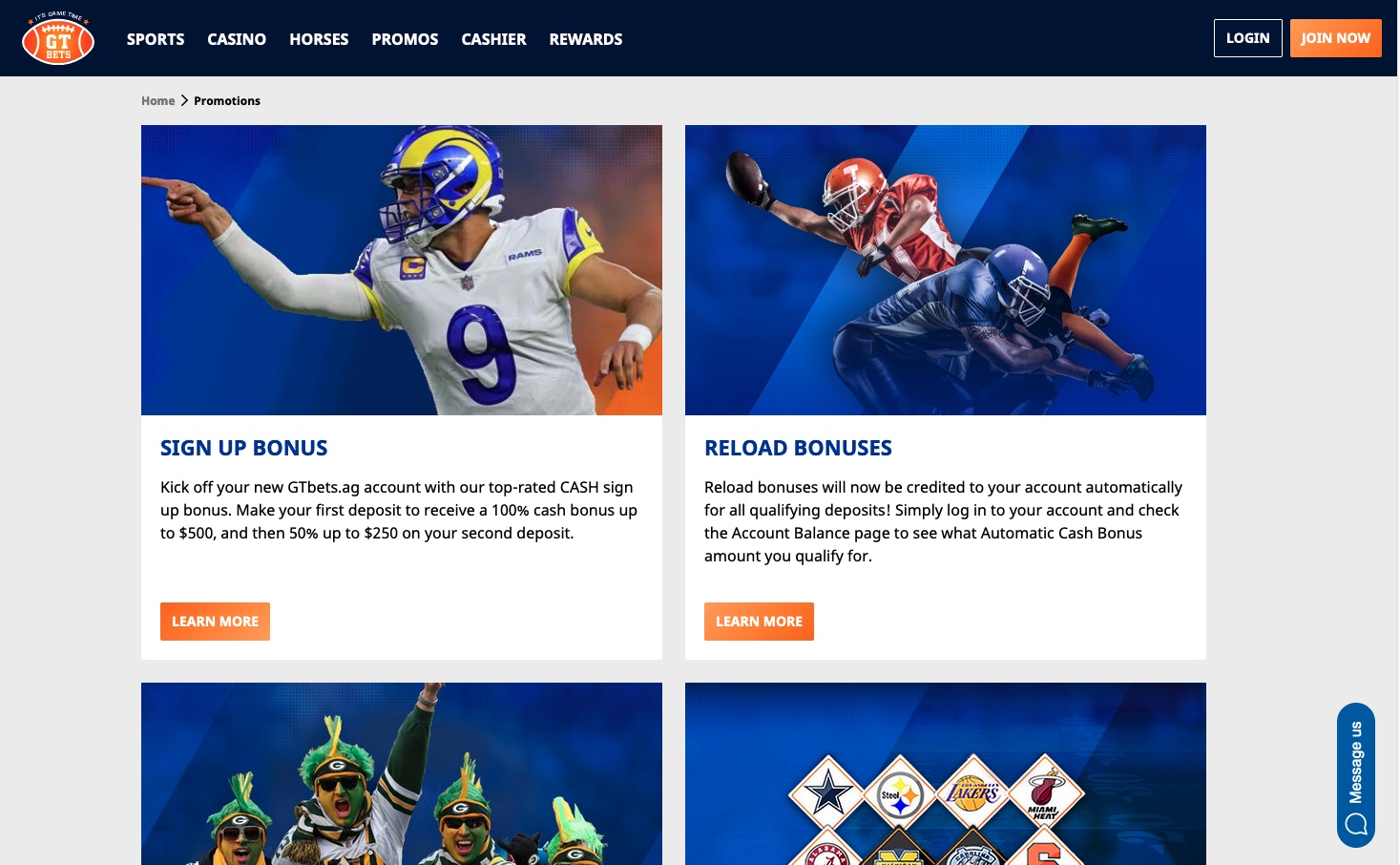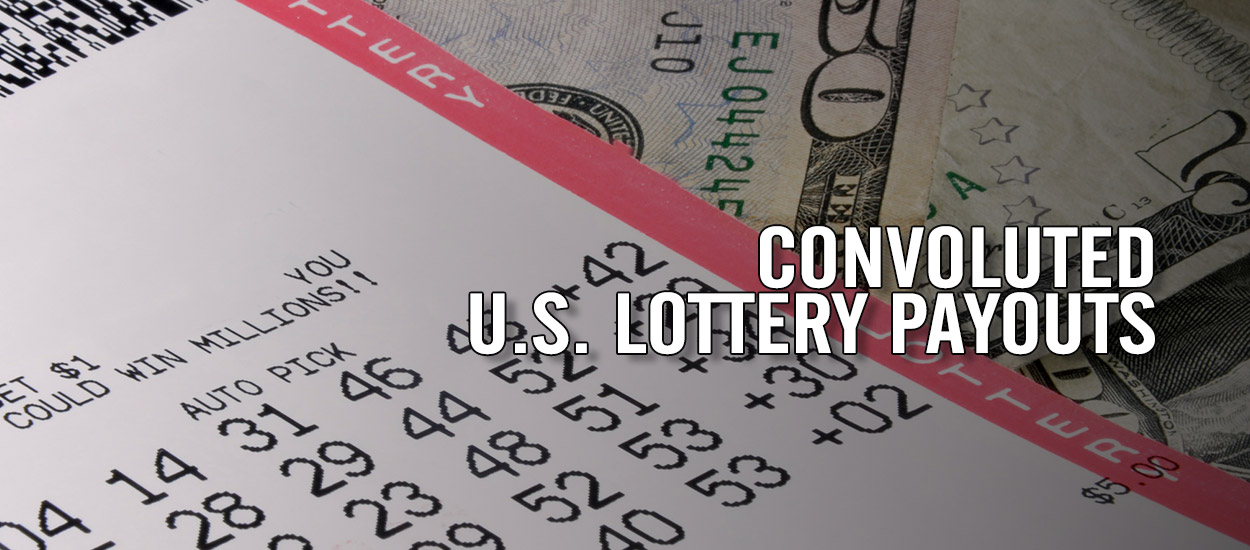As March Madness approaches, millions of Americans will be betting on the games and millions more will be filling out brackets or office pools. The inevitable questions will be raised as to whether the pools are legal and whether betting on the event is really productive. Moreover, the Problem Gambling groups will be urging non-bettors to talk to their spouses, children and co-workers about the dangers of gambling and encouraging them to find a more productive use of their funds. It's a time that truly polarizes the nation but it's also undeniably one of the greatest sporting events worldwide. So rather than arguing the merits of wagering on games or participating in pools I'll try and address the five main questions that seem to be posed around March Madness every year in a factual manner.
1) Is the office pool (brackets) legal?
I asked a few lawyers this question over the last few years and got virtually the same response from each, namely that it depends on the state. In some states like Florida or Wisconsin brackets are illegal while in most other states it's legal under their social betting statutes. That said if someone monetarily benefits from the pools (i.e. takes a cut of the amounts wager) then he/she would likely be breaking the bookmaking laws of any state. However, the lawyers also noted that while courts are interested in people who are in the business of betting they also consider the amount wagered. If there are 100 people in the pool and the entry fee is $10,000 each then the pool could catch some attention if it is made public and if all the money is not fully paid out to the winners. If the same pool has an entry fee of $25 then the authorities more than likely wouldn't care about it regardless if anyone profits by taking a fee off the top.
One lawyer did note, however, that whi le it's unlikely anyone would get prosecuted for running a betting pool and profiting from it they could technically be breaking workplace rules and be fired for such an activity if the office rules state running a betting operation on company property is subject to termination (the lawyer noted that in his state most companies have such a rule). Almost to a tee each lawyer stated that if the pool is small and everything is given out to the winners, i.e. nothing is taken off the top by the pool organizer, then there is nothing to worry about. In fact one lawyer joked that most courts and police stations are probably running March Madness brackets of their own.
le it's unlikely anyone would get prosecuted for running a betting pool and profiting from it they could technically be breaking workplace rules and be fired for such an activity if the office rules state running a betting operation on company property is subject to termination (the lawyer noted that in his state most companies have such a rule). Almost to a tee each lawyer stated that if the pool is small and everything is given out to the winners, i.e. nothing is taken off the top by the pool organizer, then there is nothing to worry about. In fact one lawyer joked that most courts and police stations are probably running March Madness brackets of their own.
2) Is betting on the games legal?
This is more straightforward. Unless the betting takes place in Nevada and is run by a company with a Nevada gambling license then it's illegal in the United States. Only Nevada casinos have the right to offer wagering on amateur sports so if betting is offered in Delaware, Montana or Oregon (states that have been given an exemption to PASPA) then that wagering is still illegal. Offshore betting is a different matter altogether. The DoJ will tell people that if they wager off shore on NCAA games then they are breaking the law but in reality only Washington State has a law on the books that makes it illegal to make a bet. And thus far the state has not prosecuted individuals for placing wagers even though some residents have challenged the police to do so. Courts are only interested in the bookies themselves as was evidenced in the arrests of Jay Cohen, David Carruthers and Stephen Lawrence. But even there the DoJ hasn't prosecuted an offshore operator in years and doesn't appear interested in doing so any time soon. One DoJ agent I spoke to off the record about 2 years ago said that the government was proud of how it cut offshore gambling off at its knees by taking away the ability for Americans to fund or receive money from those companies and in his opinion any new measures wouldn't further their cause unless there is a blatant attempt by offshore operators to take bets on U.S. soil as BetonSports did about a decade ago in Florida.
3) Is Fantasy sports betting on March Madness legal and is it a good option?
I talked to someone at FanDuel about this recently and he acknowledged that March Madness is probably their biggest betting event of the year outside of NFL football. They understand that most people will likely know the big names like D'Angelo Russell or Jerian Grant but will more than likely have to Google names like Mo Alie Cox or Clayton Custer before deciding on their final roster. Unlike with regular betting, the key to fantasy sports is selecting a team of players with points given for points scored, rebounds and assists and selecting a full roster with a set salary cap. The beauty of March Madness is that players no one has heard of can do quite well in these games which means that the winner of the fantasy contest will be the person who can predict which $4,500 players will come to the forefront to complement their star player picks which will have a fantasy value closer to $10,000. The main competition at FanDuel is a $250,000 pool with the winner collecting $40,000. The fee is $100 although there are smaller buy-in satellites to win an entry to the $100 entry fee main event. For more serious gamblers there will be head-to-head games as well as small league games where individuals can win a lot of money playing against a smaller group of players.
The legality of fantasy sports is still in question although the UIGEA did carve out an exemption for it. Politicians trying to get daily fantasy sports put under the criminal act argue that the government never intended for this type of "clear sports betting" when they legalized the activity under the UIGEA and instead only envisioned fantasy leagues as are offered by ESPN, Sportsline, etc. where people play into a large lottery type pool and the winner is the one who survives. Nevertheless daily fantasy sports is legal under the UIGEA and one needs to tip their hat to FanDuel and Draft Kings which recognized the loophole and jumped right through it. Both sites have chosen to exclude residents from Arizona, Montana, Iowa, Louisiana and Washington stating that they are concerned about state laws which could view the activity as illegal although several lawyers told me that if they wanted to accept residents from those states, the federal law as it stands would supersede the state laws and neither site would have anything to worry about. But I suppose FanDuel and Draft Kings just believe the risk isn't worth the reward from a host of smaller states.
4) Why do people feel the need to bet on games or participate in pools? Isn't the games' enjoyment enough?
This was asked of me by a friend of my wife's who is very anti-gambling and has been quoted by anti-gambling groups before any large wagering event like March Madness or the Super Bowl. They simply can't understand why people just can't enjoy the games for its own sake. Perhaps the best answer to that was stated in an episode of The Simpsons when Lisa questioned Homer about why he was betting on football and Homer explained that it was like ice cream with chocolate and sprinkles put on top. The game is the ice cream but the toppings, which really make it enjoyable was gambling. From that Lisa concluded that gambling was a way to make a good thing better.
Of course there is another reason why gambling is beneficial during March Madness and that's because there are a lot of games no one really cares about but having a vested interest in the outcome makes one want to watch the game nonetheless. Kentucky is going to beat the winner of Hampton vs. Manhattan. There's no question about it. However, if the point spread is set at 35 points there's no certainty that Kentucky can cover that spread. Consequently, while most non-bettors will have turned away from the game long before the finish (if they ever started watching it at all), bettors will be glued to their TV sets if the score is close to the 35 points near the end to see if they will cash their bet. As far as brackets go, few people other than alumni from Utah or Stephen F Austin will care less about that game. However, a lot of people filling in brackets will likely see this game as an important one in winning their brackets since the point spread is relatively close and since #12 rated teams have a good record of beating #5 teams in the first round of tournaments historically. In fact network TV stations have set up whole broadcasts on "bracketology" devoted to helping individuals identify games that can help them win their office pool. It should also be noted that most other countries have acknowledged the important link between sports and betting which is why countries like Australia, Sweden and Germany allow online wagering on sports but have cut down on all other forms of betting.
5) What about the problem gamblers? How can they be protected? And how will this affect the kids?
I see this question posed by anti-gambling groups all the time and like most bettors the question is actually infuriating. It effectively goes to the question as to whether we are our brother's keeper and whether adults are setting a bad example to their kids by betting. In fact when posing this question most gambling opponents will point to the person who loses their life savings, marriage or even their own freedom as a result of compulsive gambling as to why it must be halted. As one who has been covering the industry for over 2 decades and who has dealt with bookies, legal casino owners and families where one or more people have lost their livelihood due to gambling I can assure everyone that no one benefits or is happy when a compulsive gambler causes damage to themselves or their families. Compulsive gambling gives fodder for the anti-gambling groups to wage their crusades and almost every bookie I know has stated that they would never willingly take money from a gambler who they deem has a problem. That's why almost every land-based casino and legal online bookmaker monitors the betting of individuals and if they observe any compulsive or dangerous betting activity they will cut that person off the same way bars cut off alcoholics that seem to be getting drunk.
Aside from the fact that compulsive gamblers give the industry a bad name, it also opens up the casinos to lawsuits and the gambler will likely be gone as a customer for the future. In fact the only people I know who are rooting for addiction are drug dealers. As for children, it is overrated as to what effect parents have on their kids adult decisions. I can name 10 big gamblers off the top of my head whose kids have never gambled nor had a desire to and I know several heavy gamblers off the top of my head whose parents never gambled themselves. As for kids wagering, all establishments, land-based and online have rules in place to try and identify underage gamblers and if caught they are often given a long ban. Moreover, kids generally don't have access to the ID and money necessary to wager offshore or at casinos. Obviously some do evade detection but that's true as well with liquor stores, cigarette salesman and the salesman of any vice. Underage youth have been trying to circumvent the law for as long as I've been alive only now detection techniques are better.
An American Gaming Association survey showed that up to 40 million Americans will be wagering on March Madness either through bookmakers, casinos or filling out brackets and bet a total of about $9 billion. More than 25% of workers will also be involved in office brackets. While anti-gambling groups will indicate that this is a problem the truth is that it shows Americans want to have a vested interest in the tournament. And it's really not the government or the anti-gambling groups' place to tell adults they are wrong to spend money in this way.
Will some people get in trouble because of wagering on this event? Absolutely. But far more people will make their bets or play their brackets with disposable income they won't miss and they will be no worse for wear. A lot of people will have a heart attack or clogged arteries because they eat too many Big Macs but the vast majority who do eat the occasional fast food hamburger realize it's a treat and take it into consideration when they dine.
March Madness is a great event and as someone who has won their bracket and a fair chunk of change doing it I can tell you there is no greater feeling then seeing your name on top of a bracket challenge against a group of friends or colleagues. And for those who don't live near Nevada and are leery about betting offshore, with illegal bookmakers or in office brackets consider fantasy sports. It's a different way of betting the games by choosing player performances and contrary to what some will tell you it is legal.
To paraphrase Homer Simpson, March Madness is a tasty event and gambling or playing brackets just makes it tastier.
Read insights from Hartley Henderson every week here at OSGA and check out Hartley's RUMOR MILL!







































